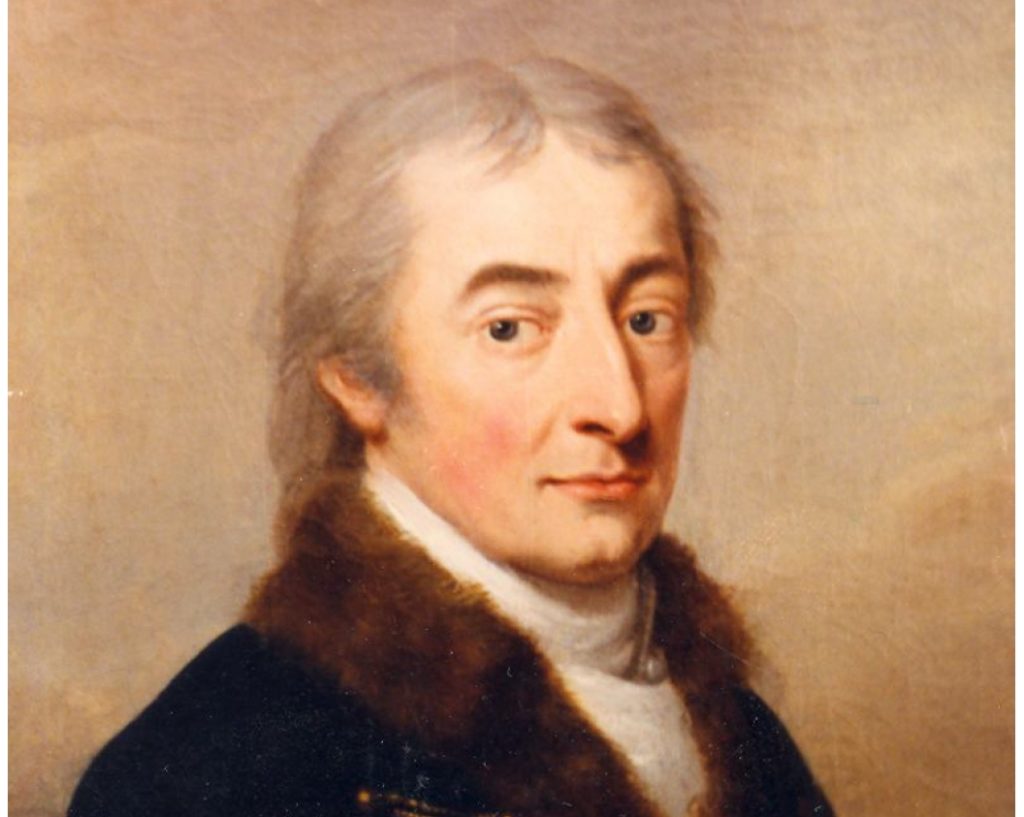Research & Studies

Abstract: The knowledge of the history of a subject stimulates understanding. As we study how other people have made scientific breakthroughs, we develop the breadth of imagination that would inspire us to make new discoveries of our own. This perspective certainly applies to the teaching of genetics as hallmarked by the pea experiments of Mendel. Common questions students have in reading Mendel’s paper for the first time is how it compares to other botanical, agricultural, and biological texts from the early and mid-nineteenth centuries; and, more precisely, how Mendel’s approach to, and terminology for debating, topics of heredity compare to those of his contemporaries? Unfortunately, textbooks are often unavailing in answering such questions. It is very common to find an introduction about heredity in genetic textbooks covering Mendel without mentions of preceding breeding experiments carried out in his alma mater. This does not help students to understand how Mendel came to ask the questions he did, why he did,
or why he planned his pea studies the way he did. Furthermore, the standard textbook “sketch” of genetics does not allow students to consider how discoveries could have been framed and inspired so differently in various parts of the world within a single historical time. In our review, we provide an extended overview bridging this gap by showing how different streams of ideas lead to the eventual foundation of particulate inheritance as a scientific discipline. We close our narrative with investigations on the origins of animal and plant breeding in Central Europe prior to Mendel in Kőszeg and Brno, where vigorous debates touched on basic issues of heredity from the early eighteenth-century eventually reaching a pinnacle coining the basic questions: What is inherited and how is it passed on from one generation
to another?
Keywords: Development, Fertility, Genetic force, Genetic laws, Inheritance